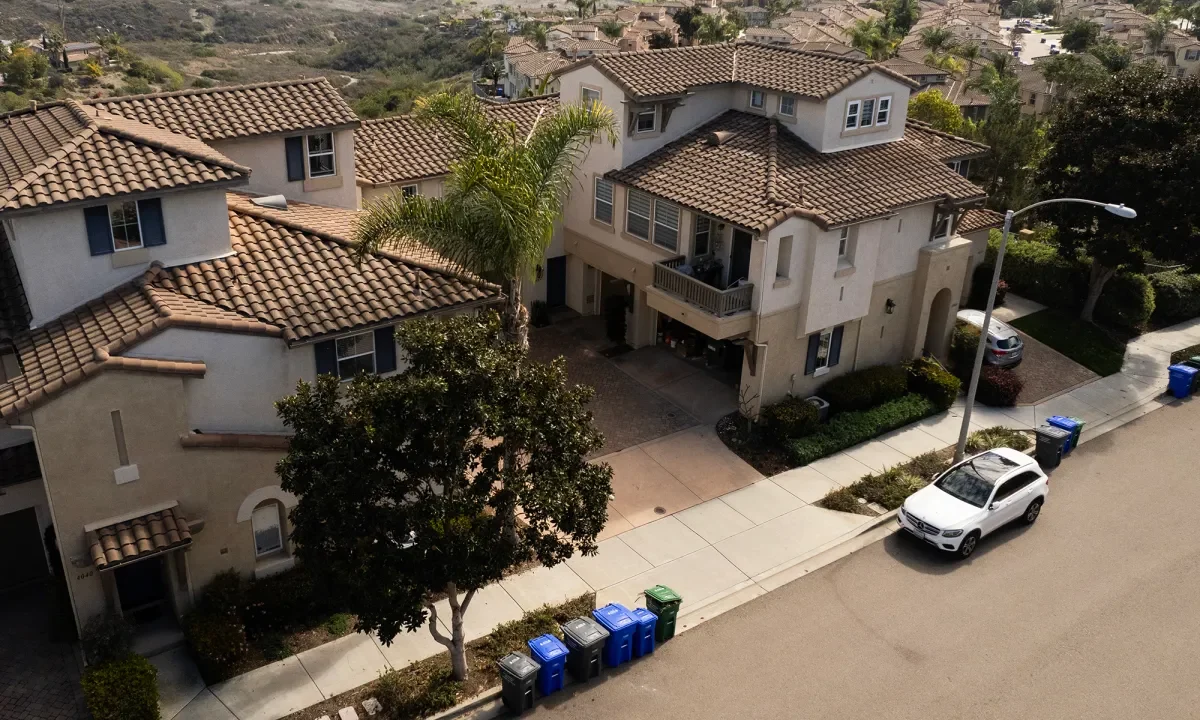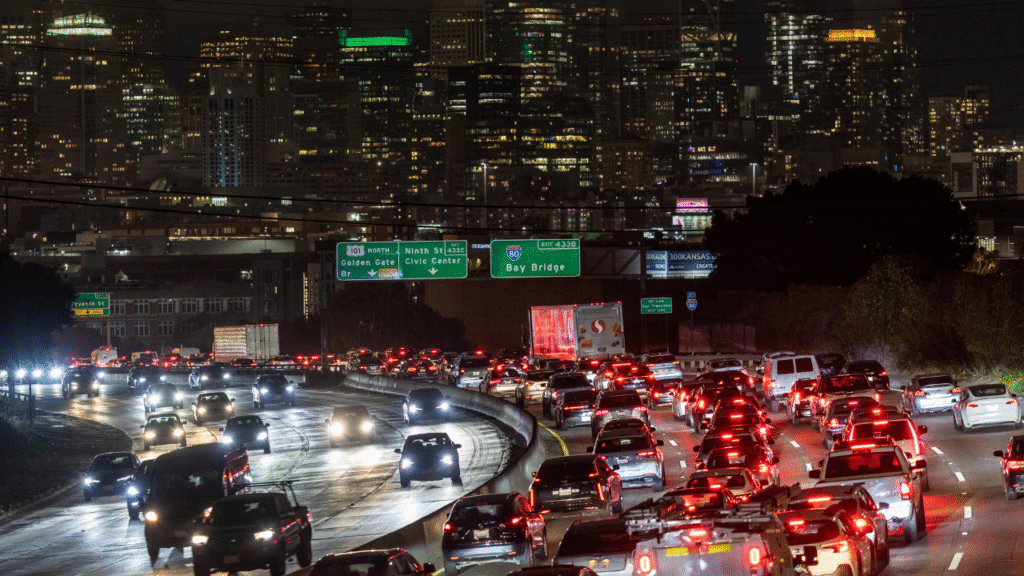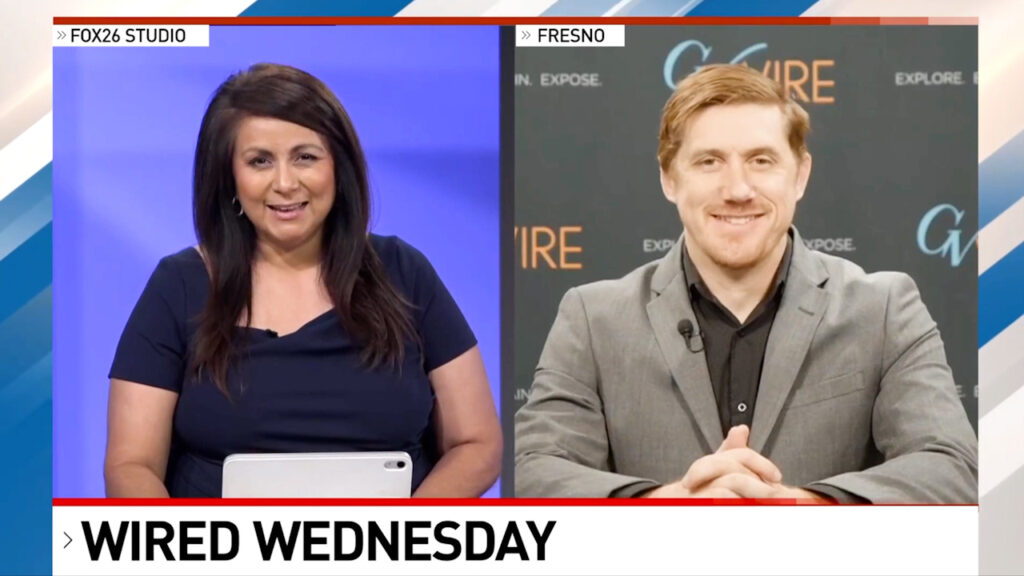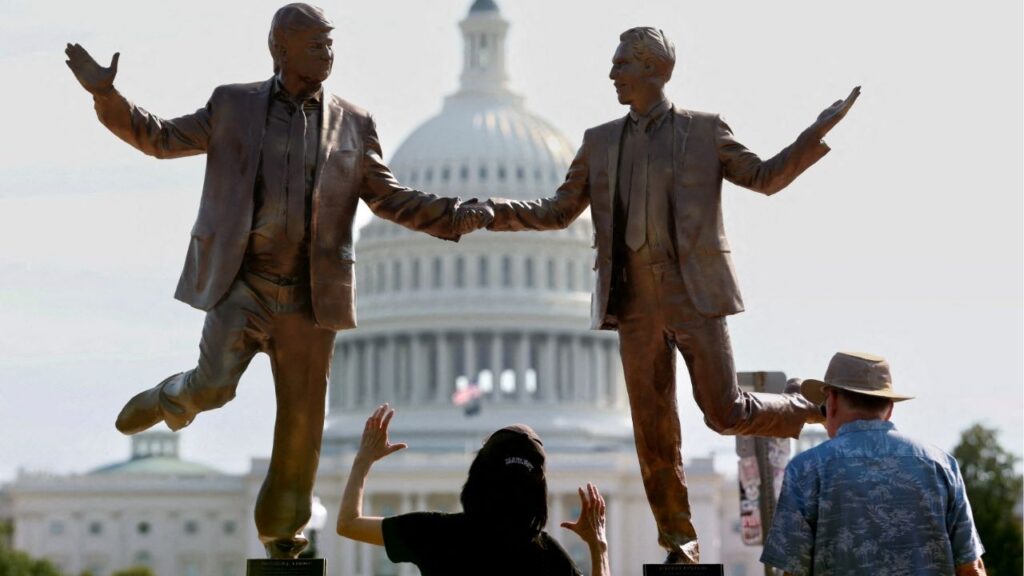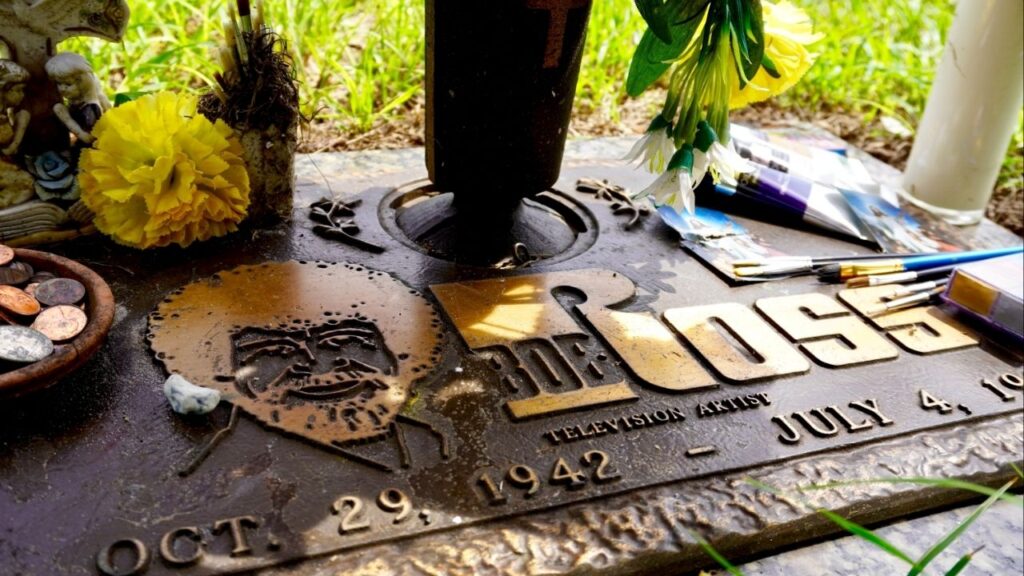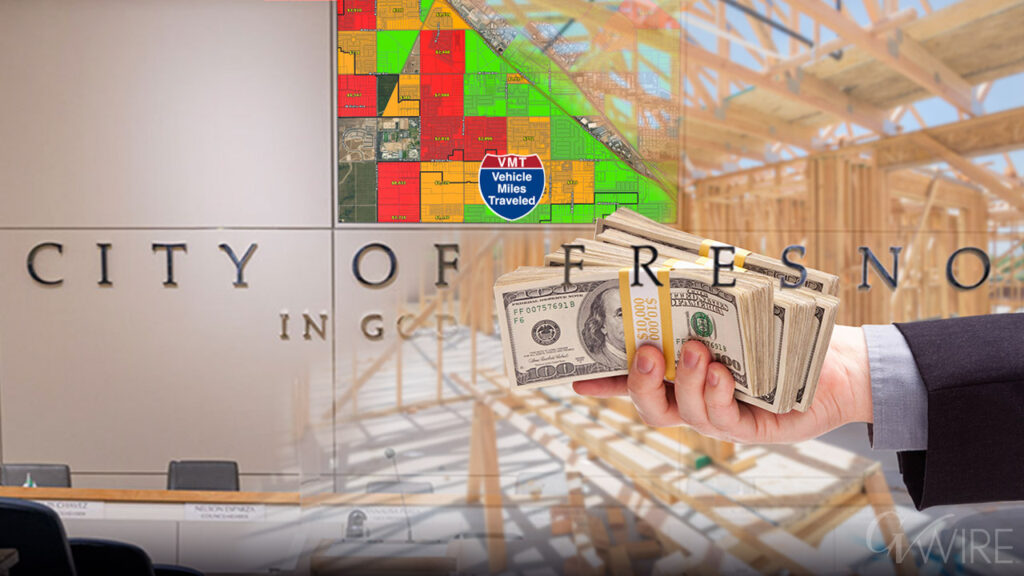Adam Hardesty’s home in Carlsbad, Feb. 19, 2025. Hardesty faced opposition from his homeowners association when he sought to convert his three-story condo into a ground-floor apartment. California HOA fines are capped at $100 per violation under a new law. (CalMatters/Adriana Heldiz)

- Millions of Californians could get a break if they violate homeowners association rules due to a new law that caps fines at $100 per violation.
- The bill capping HOA fees by state Sen. Aisha Wahab, D-Fremont, was quietly tucked into a major housing proposal this spring, without public discussion.
- “The days of homeowners associations telling you that your garage door needs to be painted might be over,” says attorney Edward Susolik.
Share
|
Getting your Trinity Audio player ready...
|
This story was originally published by CalMatters. Sign up for their newsletters.
An ornate balcony or quirky garage door might be in reach for more Californians as homeowners associations across the state are being forced to govern without the power of exorbitant fees to enforce regulations.
Millions of California residents could get a break if they violate their homeowners association rules due to a new law that caps fines at $100, down from hundreds to thousands of dollars. Amid an affordability crisis, lawmakers and groups that represent homeowners have characterized the cap, which took effect July 1, as protecting the pocketbooks of middle- and low-income residents. However, HOA boards worry the new restriction will limit their authority to enforce rules.
Attorneys for homeowners and HOAs say it will get rid of extreme cases where board members impose unfair and egregious fines to retaliate against homeowners they dislike.
“I have seen the worst of the worst and HOAs fine thousands of dollars and foreclose on those homes,” said Edward Susolik, CEO and president of Callahan & Blaine, who represents both homeowners and HOAs. “Generally speaking, that seems reasonable to bring that down because that is one of the biggest issues living in California, because HOAs have very broad powers to enforce their rules.”
The cap on HOA fines was quietly inserted into unrelated major housing reform legislation, Assembly Bill 130, that exempts most new housing from environmental review and was led by Democratic Sen. Scott Wiener of San Francisco. The language of a separate bill by Democratic Sen. Aisha Wahab of Fremont, Senate Bill 681, capping the HOA fee was included in the housing reform bill just days before the governor signed it into law, drawing little attention.
“We were in active negotiations with Sen. Wahab’s staff and actually provided amendments to the pro tem’s office as well. What we were promoting was greater transparency and notice when fines take place at associations and avoiding a cap at all,” said Louis Brown, an attorney who represents HOAs with the Community Associations Institute. “We were very surprised when the language showed up in AB 130.”
Sen. Wiener’s office did not respond to an email requesting comment.
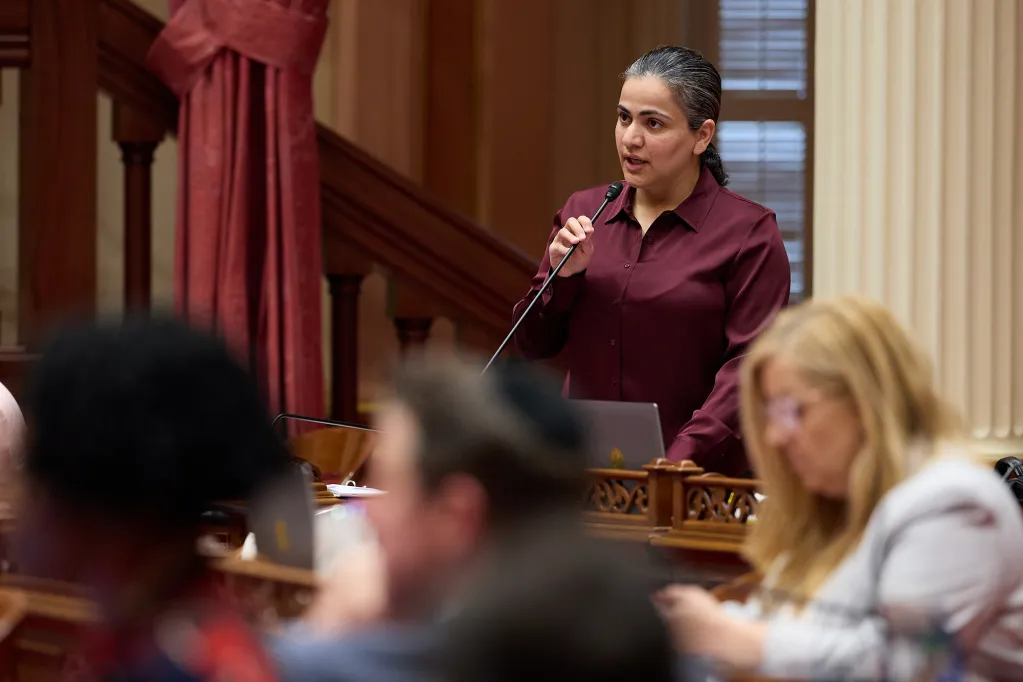
HOAs Proliferate Nationwide
HOAs are a nearly inescapable reality for home buyers. Their rise continues to skyrocket as 67% of all new single-family homes built in 2024 nationwide were in communities with HOAs, according to data from the U.S. Census Bureau, up from 46% in 2009. In California, more than 50,000 HOAs govern around 65% of the state’s homeowners, according to the California Association of Homeowners Associations. California residents paid a median of $278 in monthly fees –– among the steepest in the nation, according to data from the Census Bureau.
They create and enforce rules for home, apartment and condominium owners and are controlled by the residents themselves, who elect and can recall board members. HOAs have faced the ire and frustration of some Californians for decades, and lawmakers have proposed legislation seeking more transparency on governing boards.
Most neighborhood disputes are resolved through casual conversation and end cordially without a fine needing to be imposed, according to David Zepponi, chief executive of the Executive Council of Homeowners and a lobbyist for HOA boards. In cases that require more formality, the board must hold a hearing where residents can explain themselves before a fine is levied. But there are extreme instances where situations escalate and devolve into expensive disputes between residents.
The new state law bans HOAs from charging late fees or interest in addition to the $100 cap, with the exception of rules that affect public health or safety. It also gives residents more leeway to absolve fees after they’ve been charged.
Lawmakers said it is a step toward addressing exorbitant fees prevalent in some HOAs.
“With nearly 65% of California homeowners living in HOAs, excessive fees have quietly drained family finances for too long,” said Wahab, who heralded the effort, in an emailed statement. “By capping fines –– except for health and safety –– we set fair standards, protect generational wealth, and finally put homeowners and HOA boards on equal footing.”
‘Guilty Until the Homeowner Proves Their Innocence’
Some homeowners also see the new restrictions as a necessary check on boards that misuse their power over superfluous violations, such as painting a home a bold color.
“Our concern about violation fines in the past are that there has been no procedure for determining if a violation has occurred,” said Marjorie Murray, an advocate for homeowners with the Center for California Homeowner Association Law. “The board tells the homeowner they’re guilty until the homeowner proves their innocence.”
Many board members are fearful of the consequences of their diminished power and worry how it will affect their ability to enforce neighborhood rules, Zepponi said.
“You don’t have the leverage anymore to get people to change bad behavior,” Zepponi said. A neighbor who leaves their RV parked on the driveway in violation of association rules might just eat the $100 rather than pay for RV storage that is more expensive, he said.
“It takes a tool away from a board to make behavioral changes that are needed,” he said.
Board members have also argued that the lower fine could cost the entire community more if a neighbor continues to break the rules and refuses to pay their fees, forcing boards to pursue the only available alternative — costly litigation — more frequently.
The change is not expected to affect HOAs financially, as fines are not a significant amount of their revenue stream, according to Community Associations Institute lawyer Louis Brown.
“The days of homeowners associations telling you that your garage door needs to be painted might be over,” said Susolik, the attorney who has represented homeowners and HOA boards. “That’s probably a good thing.”
This article was originally published on CalMatters and was republished under the Creative Commons Attribution-NonCommercial-NoDerivatives license.
RELATED TOPICS:
Categories

Three ‘Little Pigs’ Held by Sanger Police



